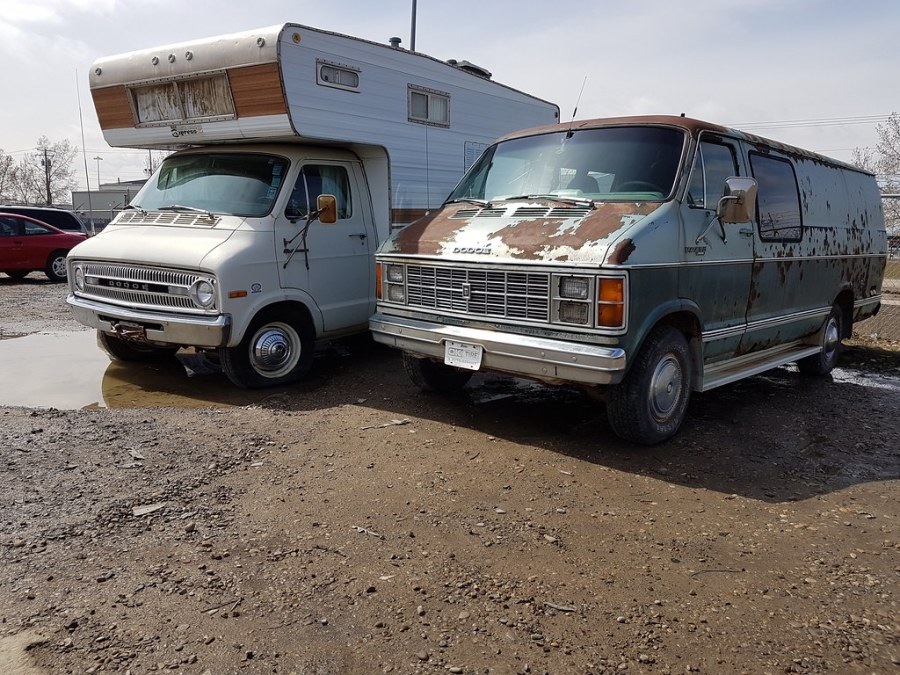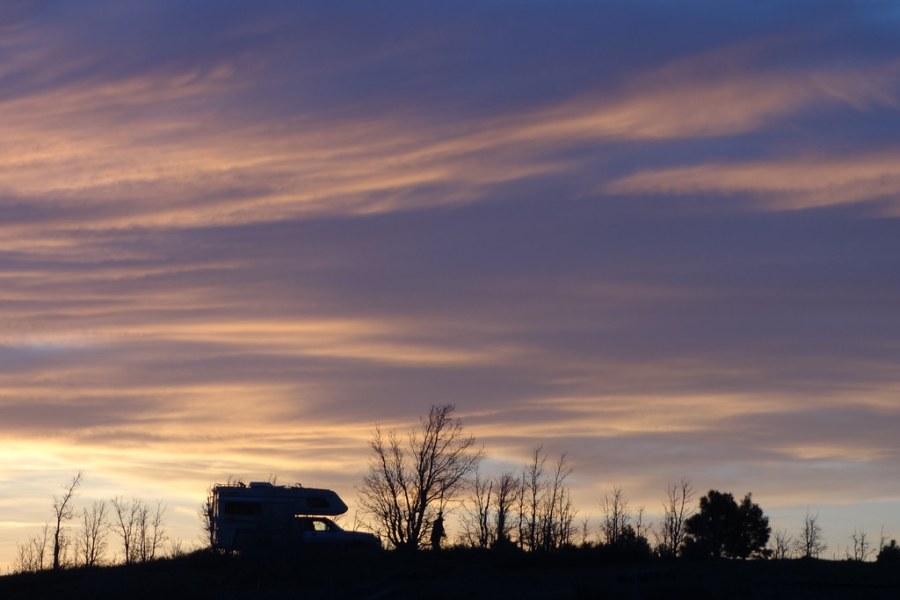
If you have an RV, you should probably budget for issues. Some are more common than others, of course. So here are 10 of the most common to watch out for, and how to solve them if possible.
Burst Water Lines
This can usually be prevented by proper storage of your RV through the cold season _ and by emptying the water tanks regularly. At the very least, you should empty the tanks before the first freeze. Otherwise, RV water damage repair can be pricey.
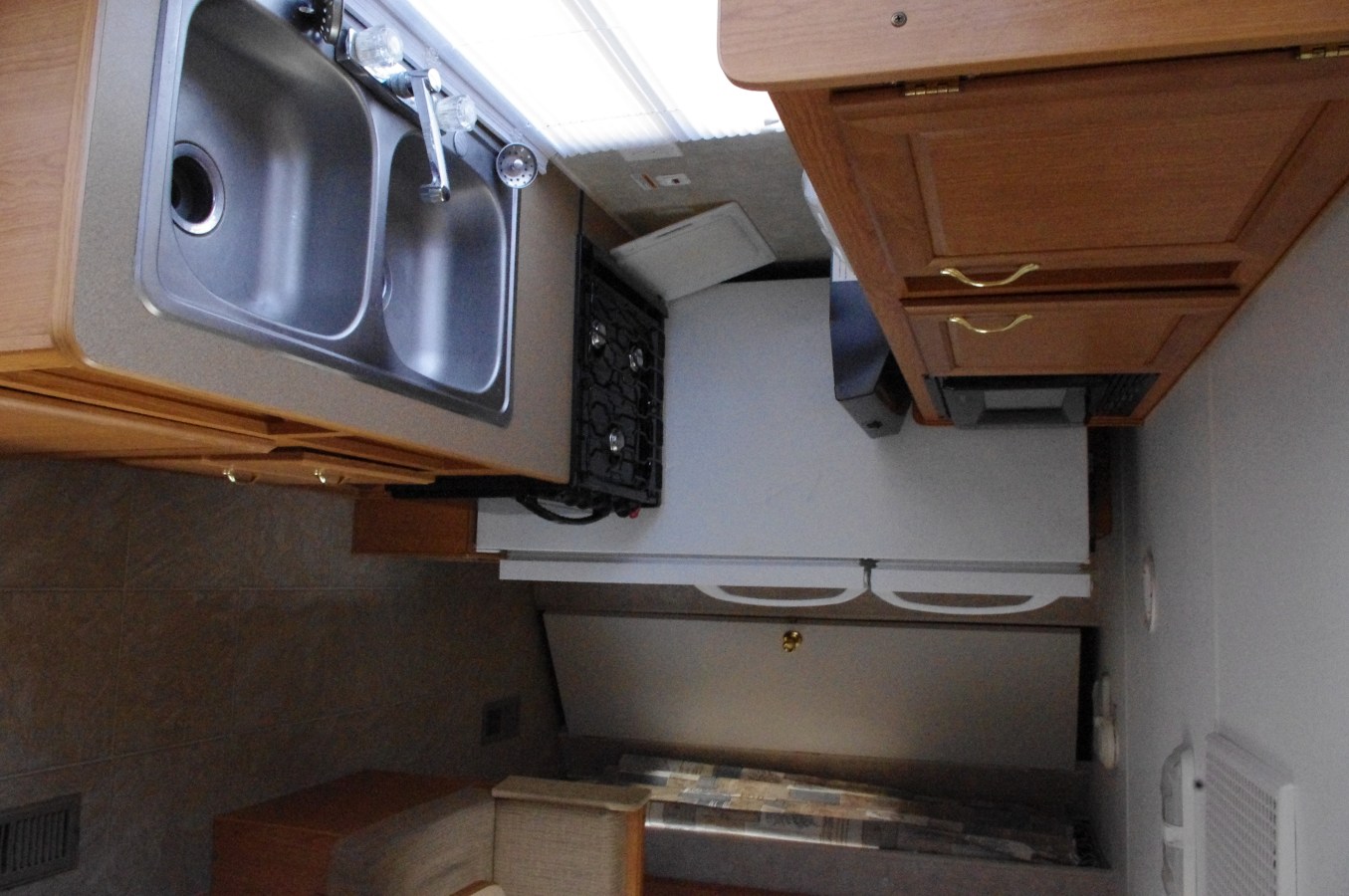
Delamination
If you find the outer walls of your RV separating from the inner walls, you may be looking at delamination. This can be an expensive issue to solve and, sometimes, it can’t be solved at all.
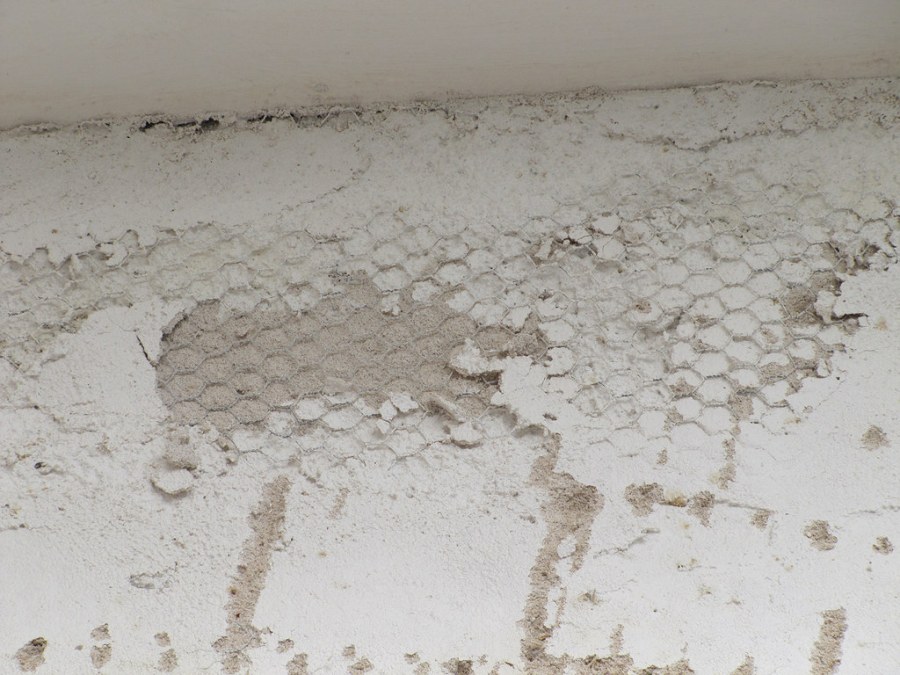
Carbon Monoxide Poisoning
With more internal vents and openings than cars, RVs have more ways for carbon monoxide to seep in. This can cause headaches and even death, so it’s imperative to have carbon monoxide detectors (with regularly checked batteries) on board.
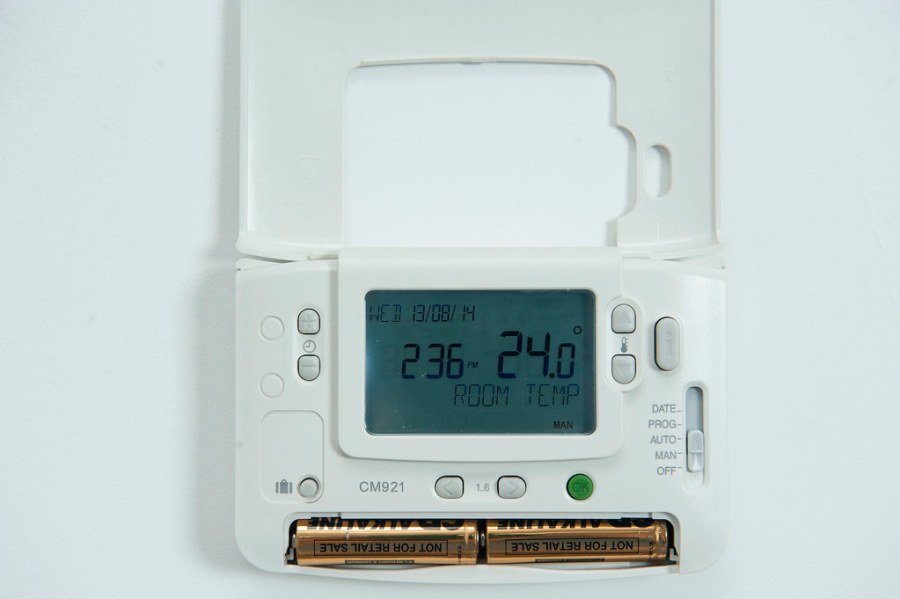
Clogged A/C Filters
This is one to watch out for when you’re looking at RVs to buy. If the air conditioner doesn’t provide the expected level of cooling, check the filters for filth. It’s important to change the oil regularly and caulk roof seams to avoid the filters getting too dirty to function properly.
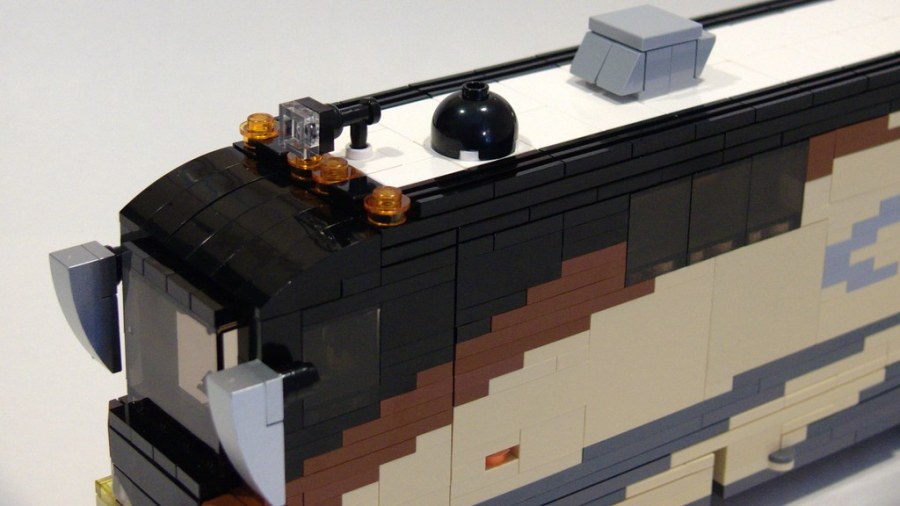
Battery Failure
An RV needs power, not only for your internal electronics, but for the motor as well. Check the fluid levels and test the charge regularly. You might also want to disconnect devices when your RV isn’t in use.
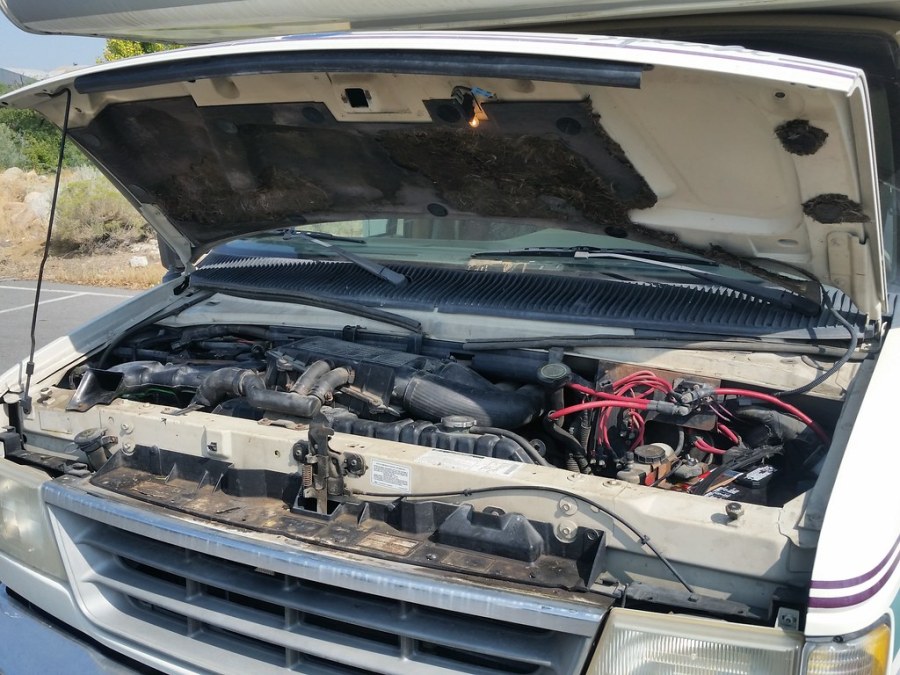
User Errors
It’s worth double-checking that you’ve fully disconnected hoses, taken down the awning, closed the side rooms and so on before moving on from a campsite. Some of the most common issues are also the easiest to avoid.
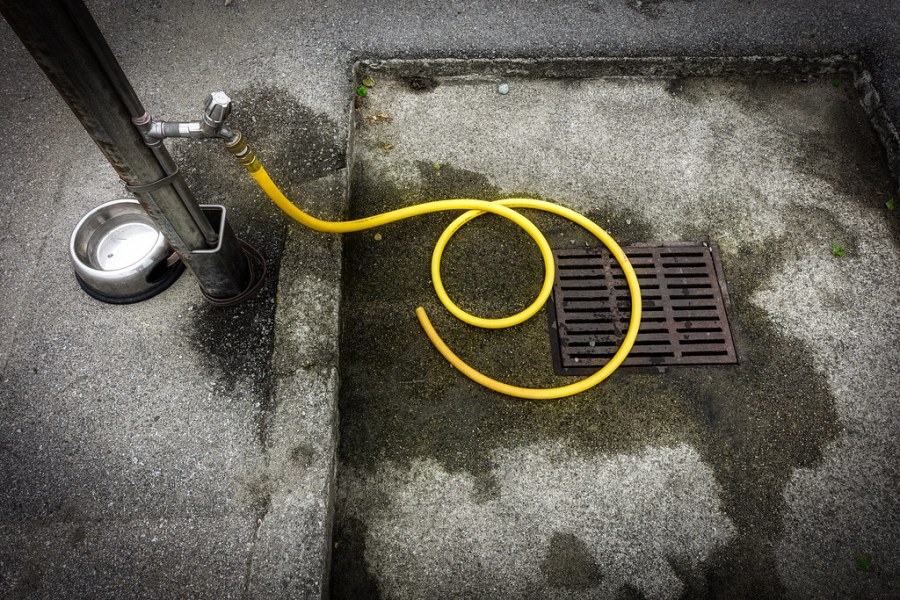
Tire Blowout
RVs are heavy. And tires can only withstand so much pressure. Tire blowouts tend to be more common on uneven road surfaces, but they can happen at any time. That’s why you should check tire pressure regularly and always carry a spare tire and check its pressure regularly too)
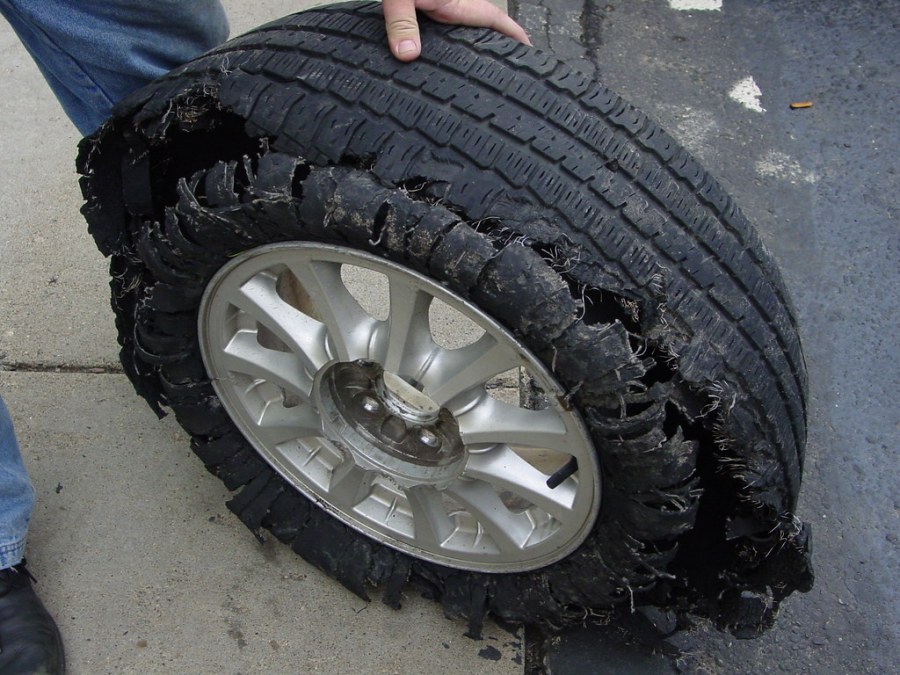
Window and Roof Leaks
RVs are exposed to all kinds of weather, just like a house. Unlike a house, however, they’re not really built for it. Regular inspections of your windows and roof are important. You could also use a roof cover to minimize damage from the weather and low-hanging branches.
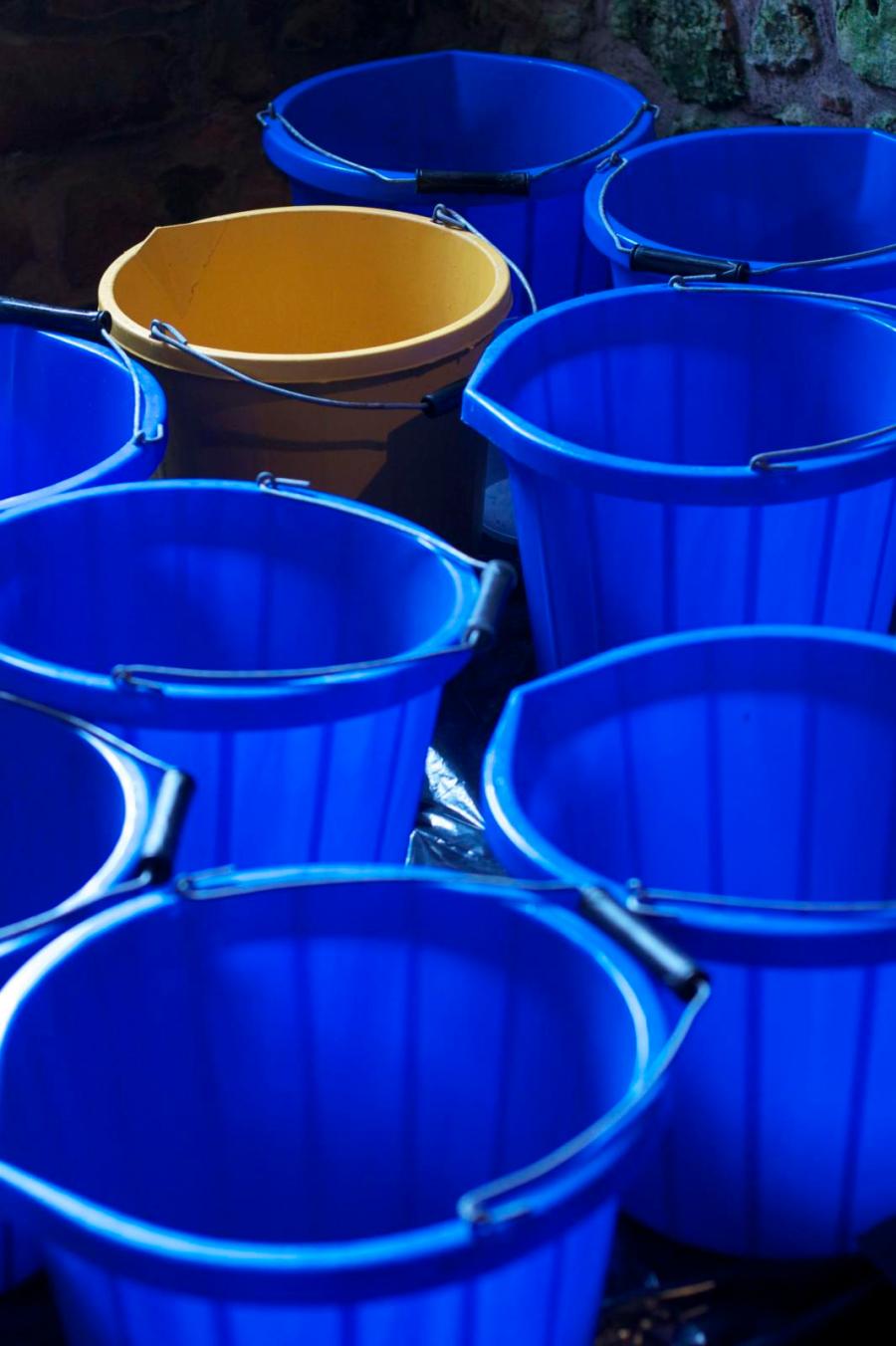
Toilet Malfunction
Toilet breakdowns happen and it’s horrible. However, a proactive approach to identifying and solving toilet malfunctions helps a great deal. Check for continuous running, rubber seal degradation and water valve closure issues. Most issues are relatively cheap to fix, but you might want to keep some plumbing funds handy too.
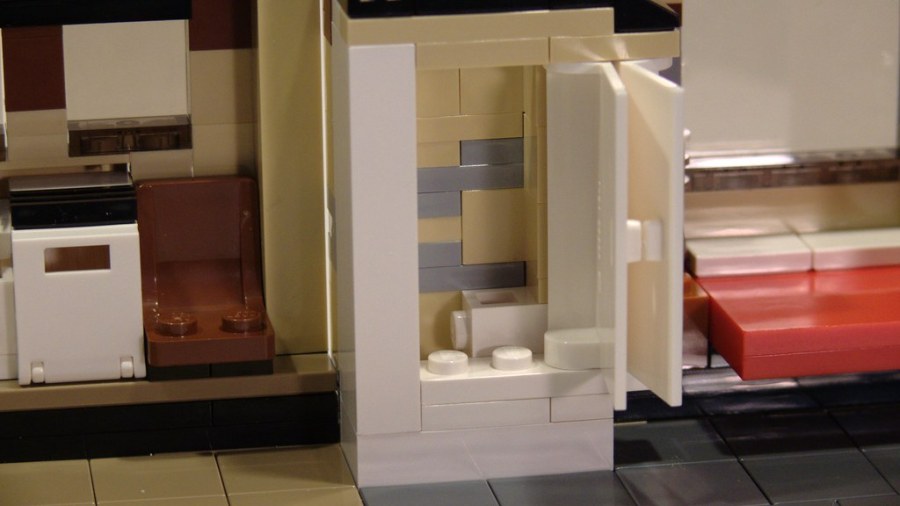
Rust
Contrary to popular belief, not all rust is a problem. Much of it is superficial. However, heavy rust can eat through the metal of your RV. Unfortunately, this can be expensive to fix because it involves removing the rust, repairing any damage and applying a layer of protective paint.
